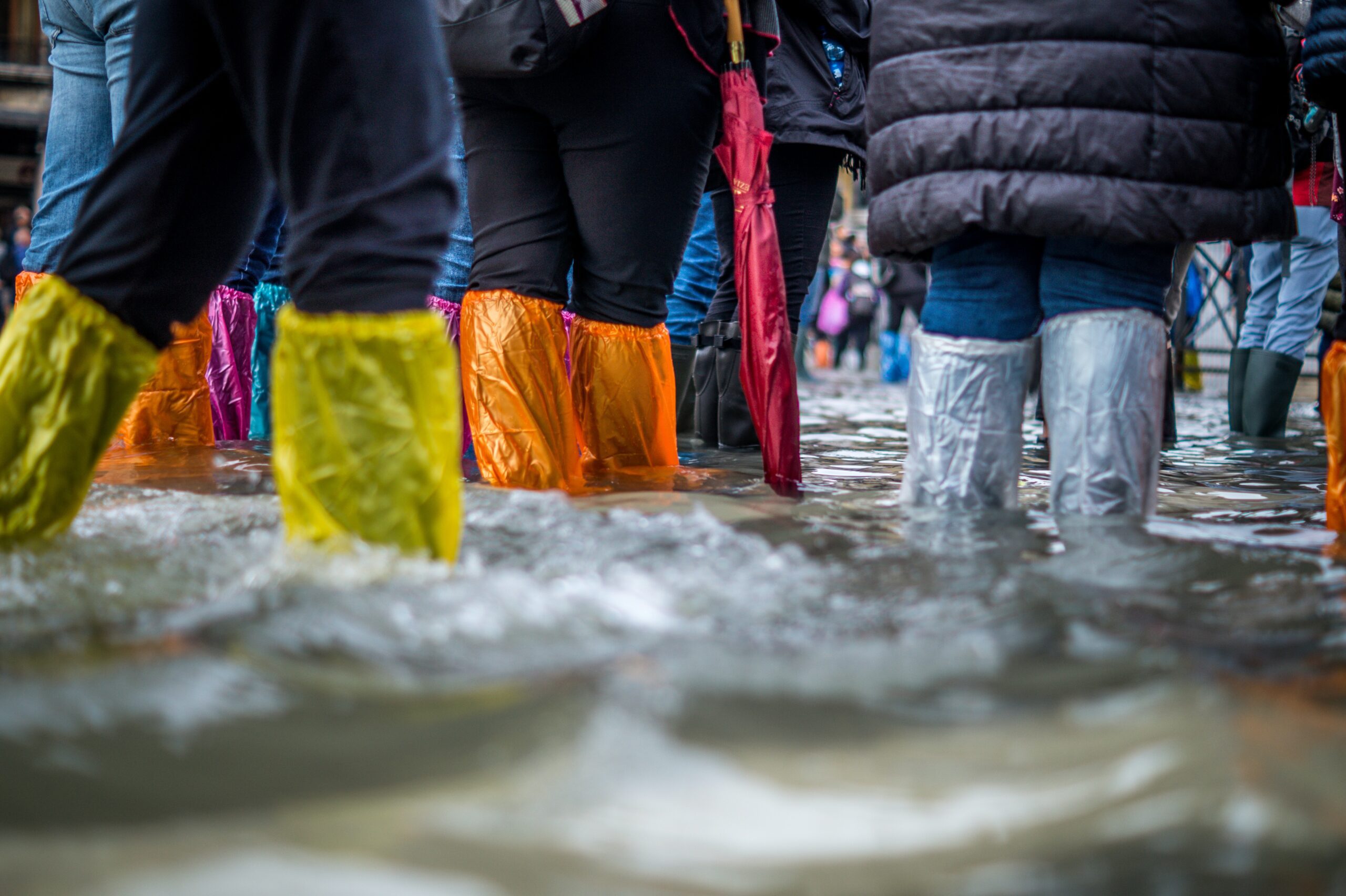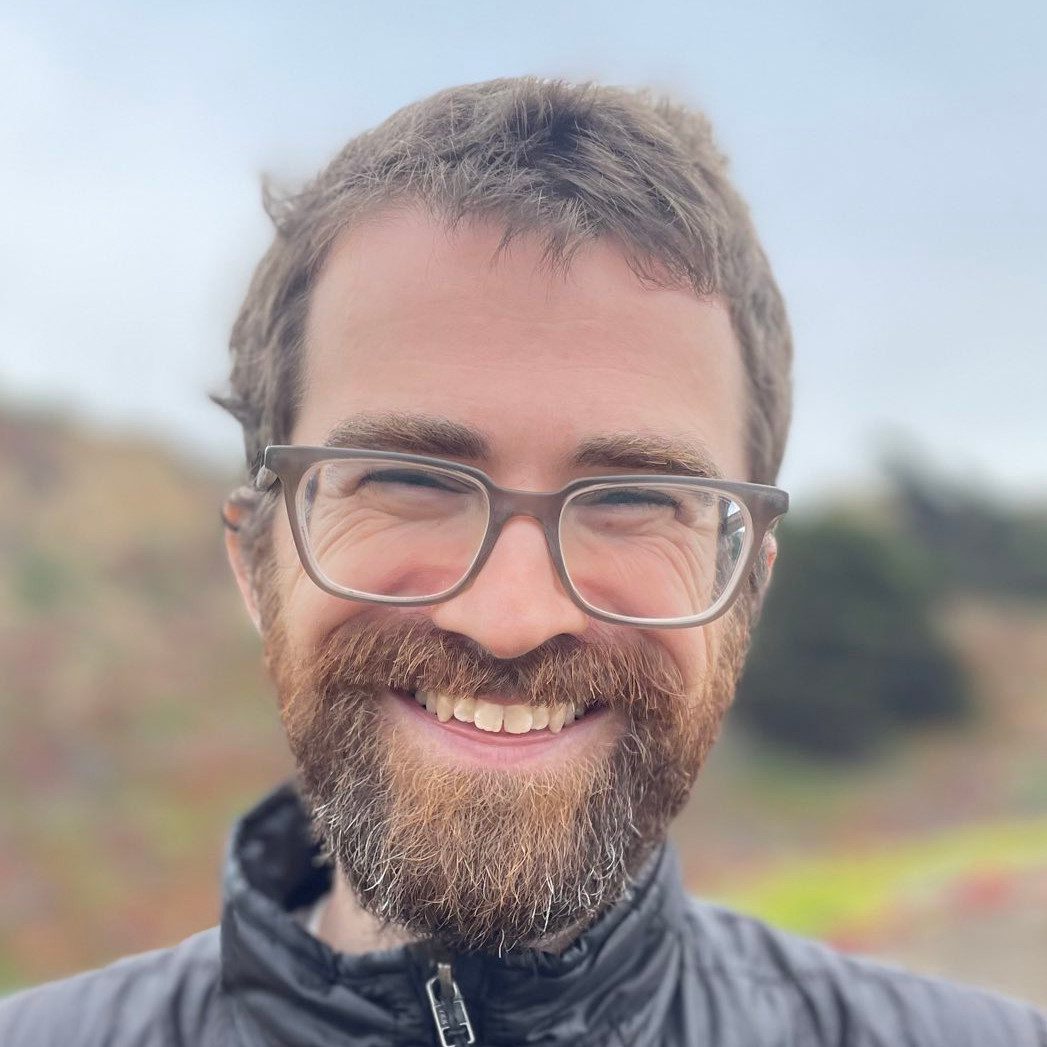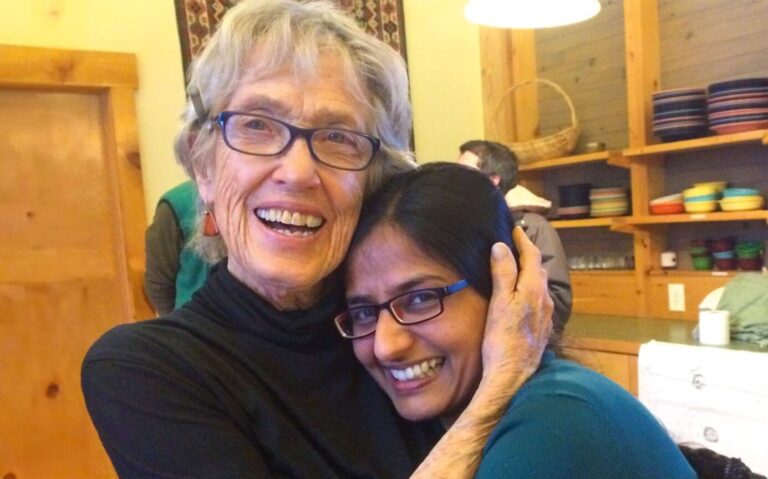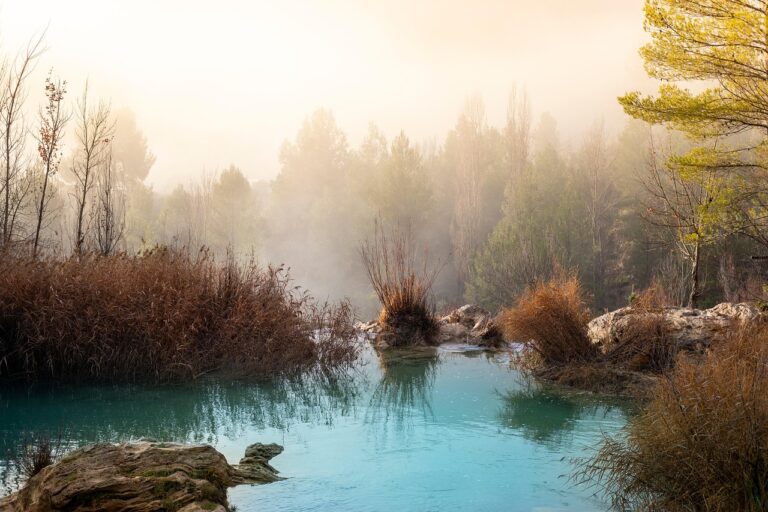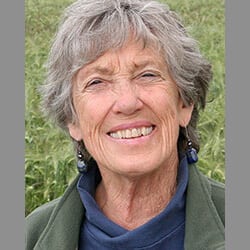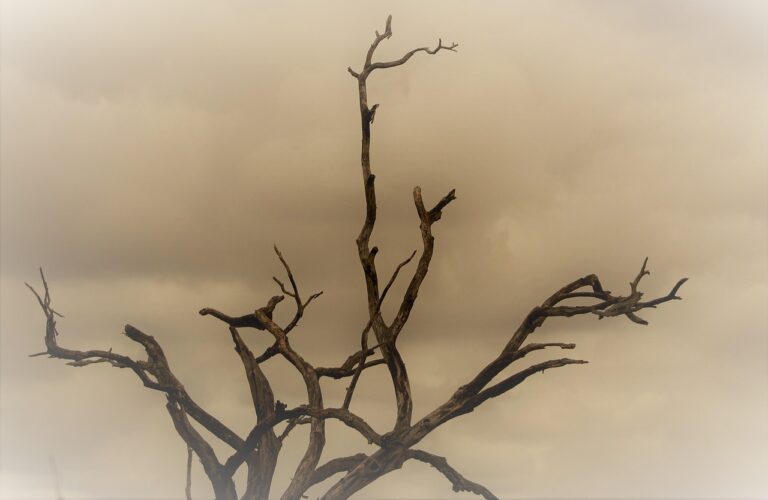I’m in denial about ecological crises.
You might be surprised by that admission. After all, the entire mission of One Earth Sangha revolves around ecological crises. And it’s true, I spend a significant number of my waking hours doing work that I hope is in solidarity with the living systems of Earth.
At the same time, there is a gnawing sense of disconnection—a sense that somehow, the way I live is not completely in tune with what I know to be true about our global situation. Just recently, I learned that there is a name for this disconnect: implicative denial.
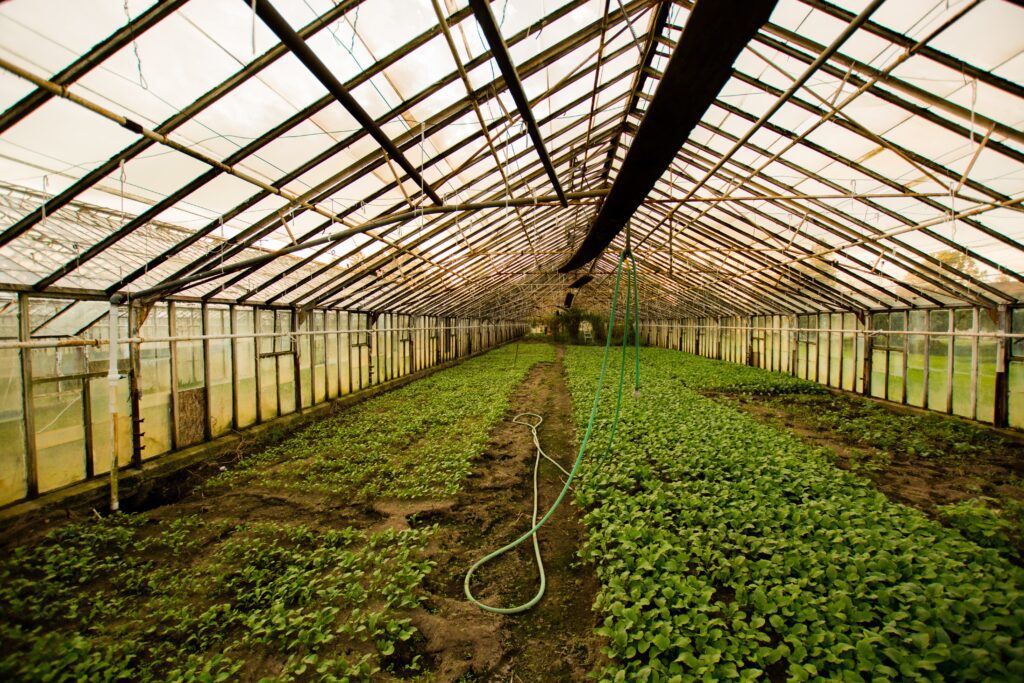
In his book After Sustainability, John Foster defines implicative denial as an acceptance of the facts of climate change—namely, that global heating is real and that radical systems change is needed to mitigate and adapt to it—combined with resistance to the “psychological, political and moral implications that would conventionally follow.” Implicative denial helps explain a modern conundrum: despite the fact that a large majority of people worldwide believe that climate change is real and human-caused, mass movements to transform the dominant culture’s relationship with Earth have been slow to materialize. Many of us understand the truth of our predicament but act as if we don’t.
This is the form my denial takes. I am aware of the overlapping crises of our age, but they can feel distant, like someone else’s problem. I worry about budgeting, not where my food and water might come from if our infrastructure is massively disrupted. I look for ways to stay entertained instead of ways to build resilience within my community. I stay within the comfort of my family and friend groups, rather than seeking out the front lines of transformative action.
This inner resistance comes in part from my privilege, which has insulated me from the worst effects of extractive capitalism, systemic racism, patriarchy, and other systems of oppression. It’s also rooted in the enormity of the polycrisis itself: as ecospsychologist Adrian Tate observes, “What humankind is collectively doing to our planetary home is undeniable, but its significance is also unthinkable and unbearable.”
If any of this sounds familiar to you, you might be wondering what to do about it. How can we think the unthinkable and bear the unbearable? How can we dissolve the subtle denial that keeps us from wholehearted engagement with the full catastrophe?
One of the best tools we have for cutting through denial is Dharma. In fact, there is something involuntary about the work it does: as Chögyam Trungpa Rinpoche once said, “Meditation practice is a haunting experience…. It’s a very powerful thing.”
After years of Dharma practice, there are now cracks in my denial, and awareness is seeping in. The haunting quality of this growing awareness is uncomfortable—I can’t turn away from it, even if I want to. At the same time, I know that it is a trustworthy ally, pushing me in the direction of a more honest and engaged life.
We can trust that mindfulness and awareness practices will allow the truth to haunt us.
The message here is not “Just meditate, and everything will be fine!” Spiritual bypass is a danger for which we must remain vigilant. Equally, the message is not “We all must transform our lives until we regularly get arrested for direct action and civil disobedience.” Everyone’s response will look different—indeed, the complexity of the polycrisis demands diverse activism.
The point is that our contemplative practice supports every aspect of our compassionate response. It can help us see problems clearly, grow in equanimity, and relate compassionately with those working with or against us. And if we’re struggling with implicative denial, we can trust that mindfulness and awareness practices will allow the truth to haunt us.
Crucially, we don’t have to go it alone. One Earth Sangha is here to support practitioners in cutting through barriers of all kinds, including implicative denial, with wisdom, community, and opportunities for action. Along the way, we can deepen our path of loving engagement on behalf of the living Earth.

